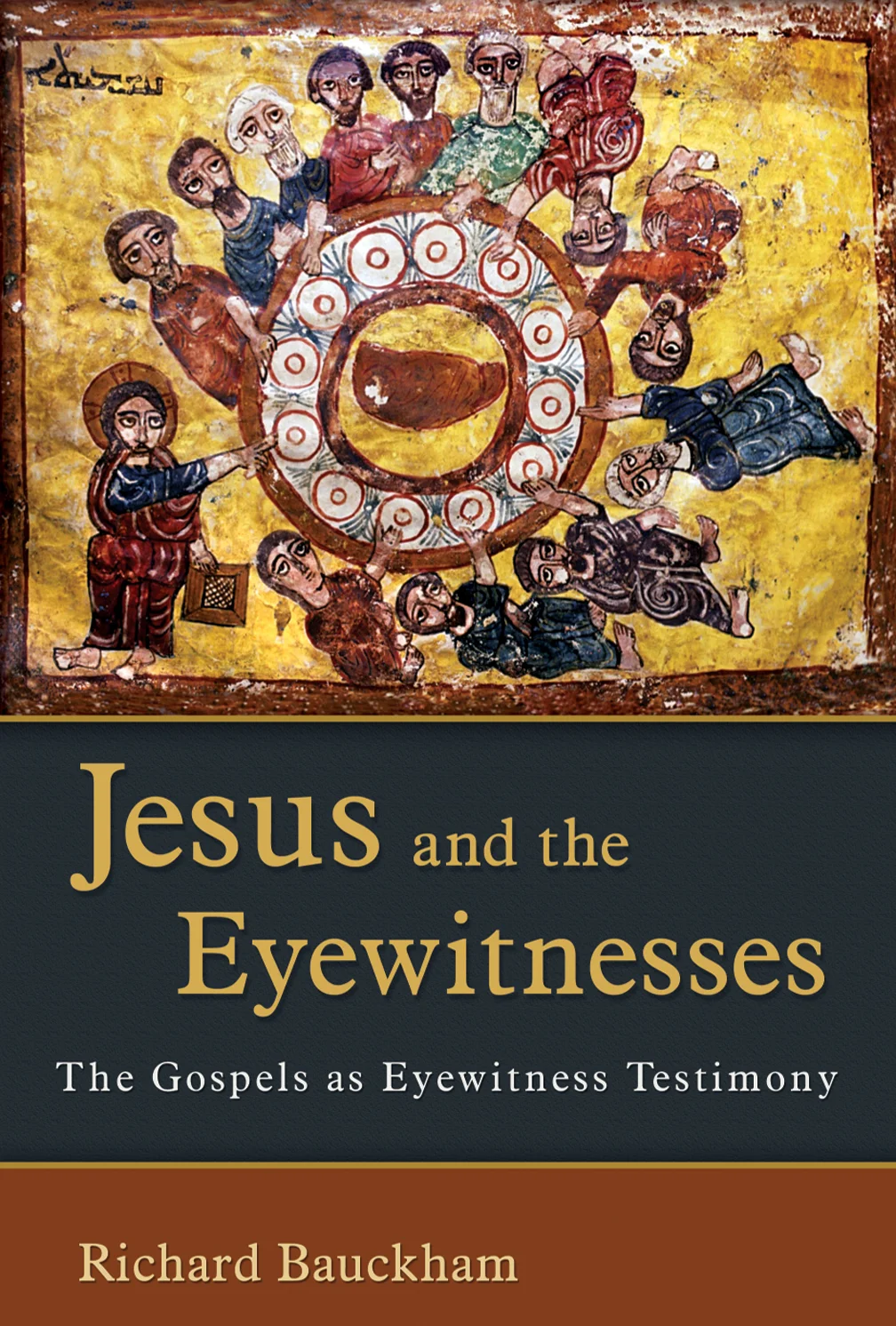Ed Catmull is one of the geniuses behind Pixar, the incredible animation company that revolutionized what we expect from animated films. The first 80+ pages of Creativity, Inc. are about Catmull's own story and the founding of Pixar. The rest of the book tilts more toward what the title promises: leadership strategies to unleash creativity. I enjoyed Catmull's story, but if you want to jump to the leadership strategies, you can leapfrog the first part.
Catmull's strategies won't strike anyone as particularly innovative. You'll likely have heard or intuited a lot of what he says, but what I found particularly inspiring was the tenacity and single-minded focus Catmull and the other leaders at Pixar had in implementing simple but profound ideas. And perhaps most impressive is Catmull himself, clearly a leader who embodies the ideals he puts forth.














